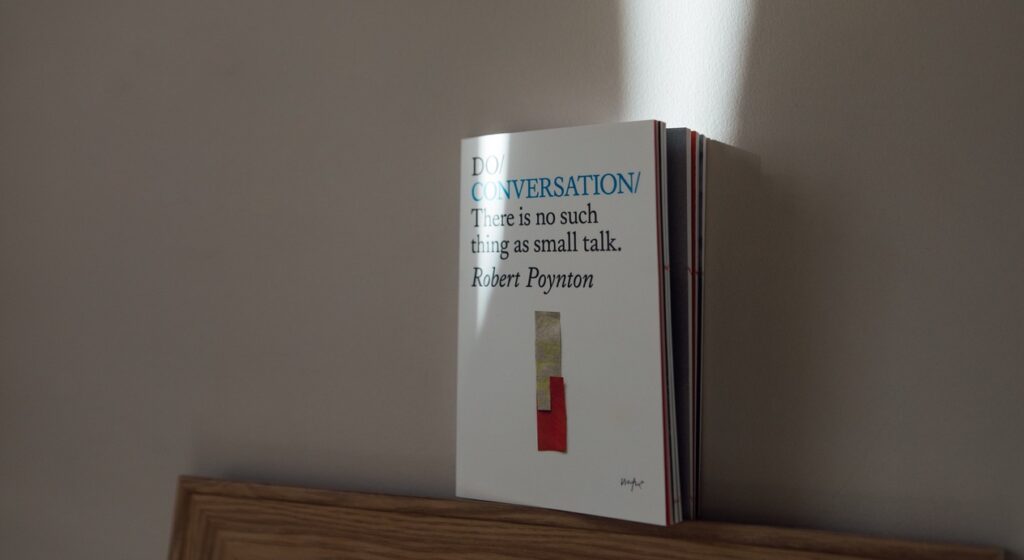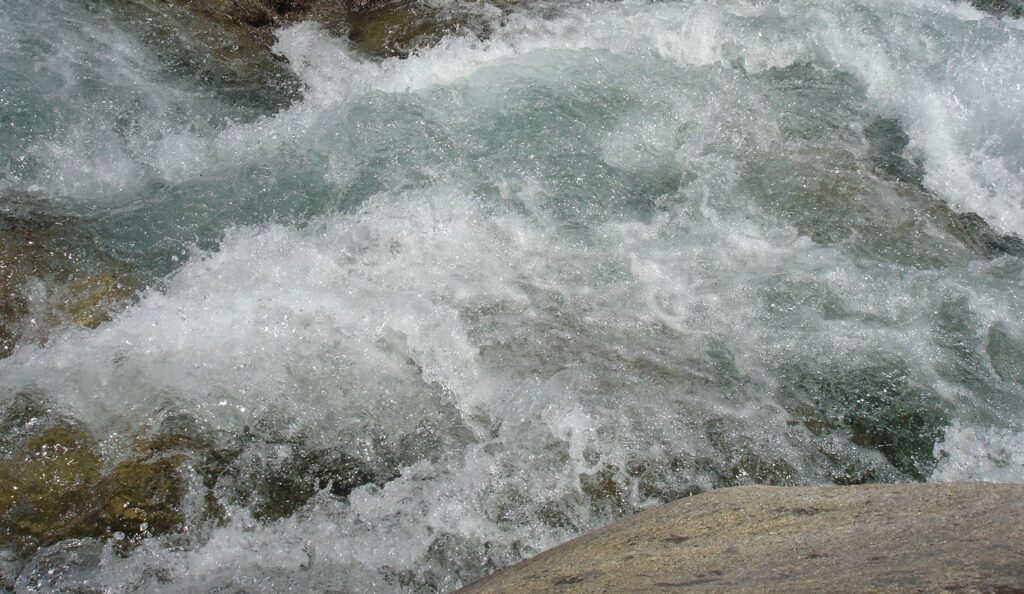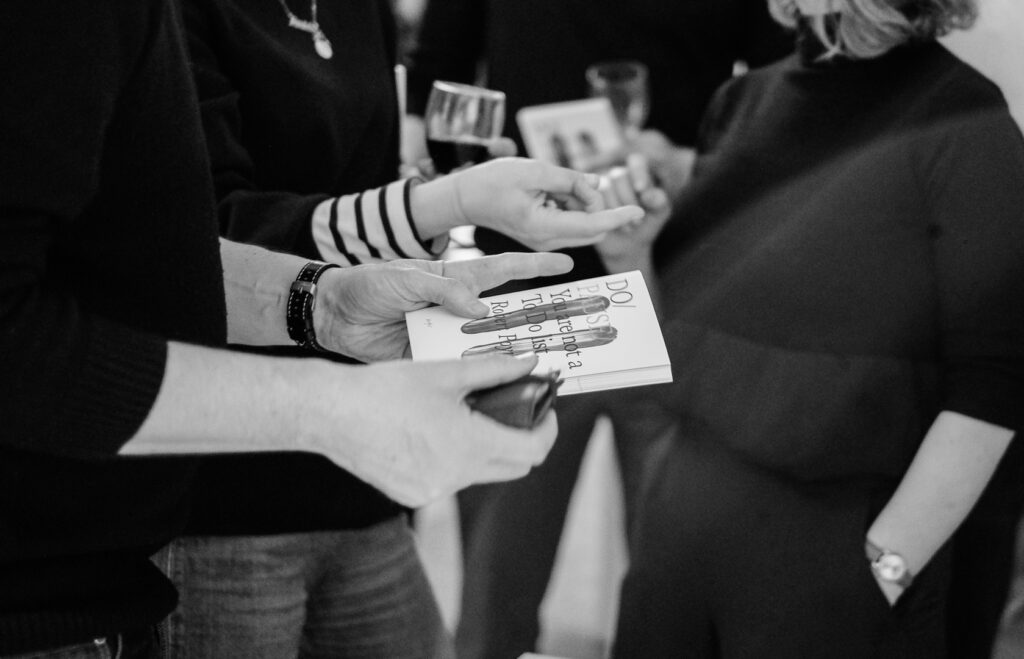In the spring I hosted an event called ‘The Help Weekend’ – an inquiry into what it takes to get and give help. It was based on the observation that most people are slow to ask for help, yet when they are asked to help someone else they are (often) delighted.
I brought a small group of people to my home in Arenas de San Pedro for the weekend and asked each of them to think of something they could use a little help with.
The process of inviting people started to reveal some very different attitudes to help. At one end of the spectrum were people who said ‘oh, that’s an interesting idea, but there isn’t really anything I need help with’.
Seriously?
At the other extreme were people who were so worried by the number of things they needed help with and the difficulty of choosing that they felt unable to participate (as one of them put it “I think what I need help with is asking for help”).
In the end, there were seven others and me. Each of us had a chunk of time, to use as we wished, to get help from the others. When you weren’t being helped you were a helper.
It was a wonderful, highly emotional, weekend. The experience quickly created a strong sense of connection amongst us. And we not only got a lot of help on our particular projects, but learned a lot about the wider issue of asking for and giving help.
Here’s a selection of the things we noticed….
- Its hard to help people if they are very abstract. Being concrete helps people to help you.
- Small things, almost inconsequential things, can be very valuable.
- You need to be honest with yourself about what it is you need help with.
- A little structure is good.
- To get help you have to let go of trying to control stuff.
- We easily get too used to doing things by ourselves.
- Asking for help is intensely personal – you get ‘up close’ and that can make you feel vulnerable.
- Sometimes individuals help more than a group.
- When you get more energy, then something has helped – so the energy you feel can be a good measure of helpfulness.
- You can get what you haven’t asked for, which is often more helpful than what you thought would be useful.
- The importance of empty spaces……
- Asking for help shows us that we are incomplete……this makes us more interesting people and therefore more beautiful.
- It can be hard to be ‘selfish’ when it is your turn to get help.
- Giving help can light a fire in you and uncover wisdom you didn’t know you had.
- You always have something to contribute, even when you don’t think you do.
- There is an emotional release to asking.
- There is physical joy in giving and receiving…
We came up with a motto, that seemed to capture much of this – “ask early, ask often” (hat tip to Ideo). We have taken this practise to heart. We continue to help each other and in general, people report being much more willing to ask for help than before.
So it would seem that the Help Weekend helped.




